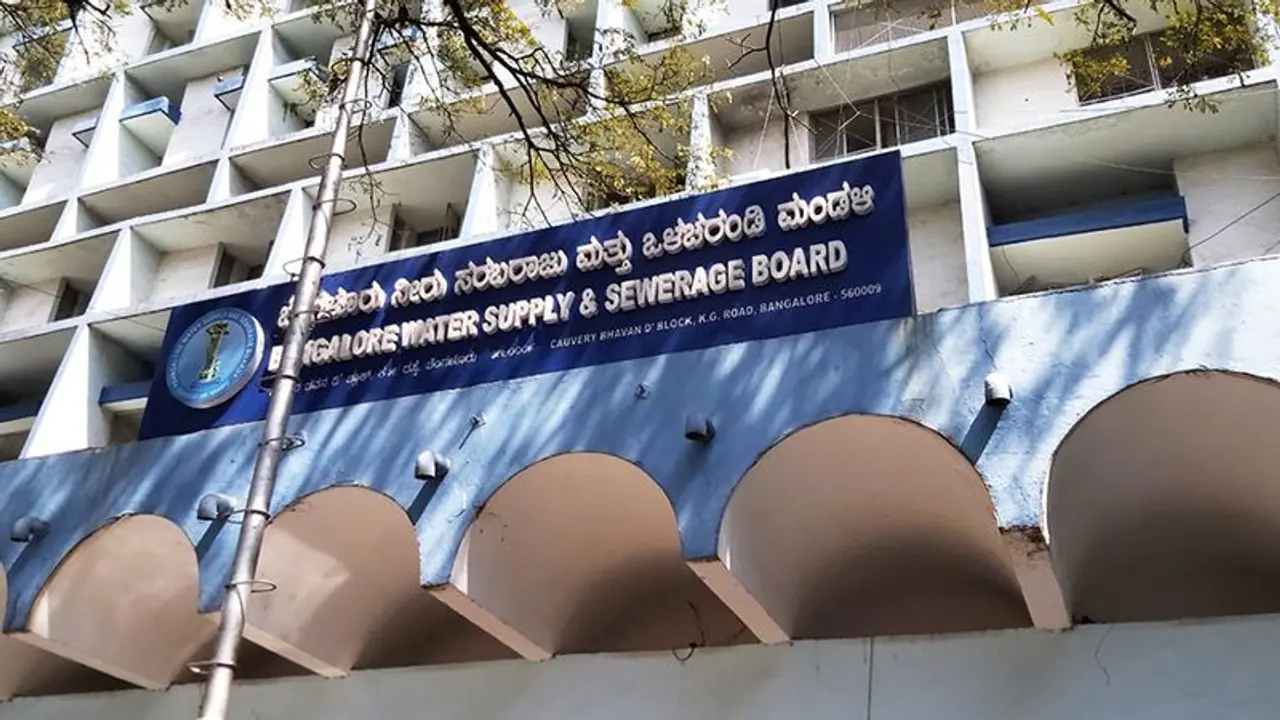Bengaluru's water crisis persists as the Bengaluru Water Board grapples with dire financial constraints. Despite promises of lake restoration and rainwater harvesting projects, funding remains elusive. Maintenance and upgrades of wastewater treatment plants pose a significant challenge, with monthly deficits of ₹15 crore. Limited revenue from water charges hampers essential upgrades and new initiatives.
As Bengaluru grapples with an acute water shortage affecting over one and a half crore citizens, the Bengaluru water board, responsible for water supply, finds itself in dire financial straits. Despite promises to alleviate the crisis through lake restoration and rainwater harvesting projects, the pressing question remains: where will the funding come from?

Amid assurances of implementing vital projects such as lake rejuvenation and community rainwater harvesting, the overarching concern looms large – the lack of financial resources. Despite plans laid out by the Bengaluru Water Board to replenish lakes with treated water and enhance groundwater reserves, the glaring issue of funding persists.
Water crisis hits Bengaluru's oxygen hub Lalbagh; Requires 1.5 million litres of water daily to quench thirst
A significant hurdle in the path of resolving the crisis lies in the maintenance and upgrade of wastewater treatment plants (STPs). With approximately 32 STPs in operation, the Bengaluru Water Board is struggling to meet the necessary upgrades mandated by environmental regulations. The staggering cost involved in these upgrades remains unattainable due to financial constraints, forcing a piecemeal approach to the process.
Financial data reveals a bleak picture, with the Bengaluru water board facing a monthly deficit of ₹15 crore. Despite generating revenue through water charges amounting to ₹131 crore monthly, the bulk of these funds are absorbed by operational expenses. A substantial portion is allocated towards electricity bills, salaries, loan repayments, and maintenance costs, leaving little room for essential upgrades and new projects.
